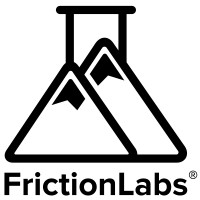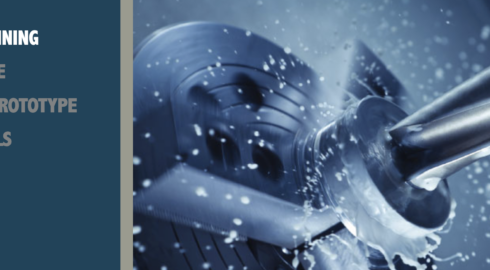Liberty Puzzles: Where Modern-Day Manufacturing Meets Artisan Traditions
Liberty Puzzles
Company Name
59
New & Retained Jobs
$1.2M
Increased Revenue
$1.4M
Total Cost Savings
Jeff Eldridge and Christopher Wirth had a dream to begin a small manufacturing company creating high-end, artisan puzzles like the ones that were popular when their great-grandparents were children. The inspiration behind the business, however, started almost 85 years earlier in the 1920s with a Wirth family matriarch and her love for collecting and completing Falls Puzzles — ornate, wooden puzzles that had pieces that were cut out as intricate character shapes. The Wirth family tells stories of completing these beautiful puzzles on family vacations and documenting the completion in the top of the puzzle box.
With the advent of dye stamp-pressed cardboard puzzles shortly after World War II, the art of whimsical hand-cut wooden jigsaw puzzles was nearly forgotten. That is until this duo of artisans breathed new life into history by fusing modern manufacturing techniques with historical traditions.
Liberty Puzzles was formed in 2005 from humble beginnings in an 18,000-square-foot building. After 14 years of robust growth and carefully cultivating a solid reputation from the White House to Hollywood, the company began investigating an expansion into an additional 10,000 sq. ft. building a few blocks away. This expansion was a major move for the company who wanted to do things correctly by expanding capacity without sacrificing quality or their company culture.
After meeting with Manufacturer’s Edge to assess their specific needs and formulate a roadmap to address everything from facility layout options to communications to processes, the project hit a roadblock. Fortunately, the consultation with Manufacturer’s Edge was 80% complete before the pandemic hit, which slowed things down while simultaneously propelling them forward by pushing the company to immediately expand into the 10,000 sq. ft. addition to accommodate necessary social distancing practices.
A short time later, the company was presented with a unique opportunity to purchase a 53,000 sq. ft. building in Gunbarrel, Colorado allowing Liberty Puzzles to become totally autonomous, meaning wood comes in one door and the finished puzzle goes out the other. Even though Liberty Puzzles felt great about where they were with their processes and operations, they knew this type of major expansion should not occur without taking a step back and identifying opportunities for wholesale improvement. Manufacturer’s Edge was welcomed into the process a second time. This time, the company revisited all of its technologies such as its cutting platforms, compressed air approaches, main systems, and more. And, through consultation, they were pleased to find many new efficiencies resulting from technology upgrades. They were also able to hire a full-time process improvement manager.
This step back to analyze the business proved to be strategic and propelled the company 10 steps forward.
“Our best, constant improvement that has come from our relationship with Manufacturer’s Edge is with our internal reporting,” said Eldridge. “We have benefited from being able to understand what each of our divisions is producing and how to measure what a real loss rate is and how to weigh that loss rate into the whole. To have real-time status of how the production is working is invaluable.”
Eldridge also credited Manufacturer’s Edge for helping them to understand the importance of honing their communication skills. This knowledge has allowed them to find ways to communicate better and more regularly with their managers.
The community element of the process is something we had always wanted but had not fully developed it until our time with Manufacturer’s Edge. Aligning the values and goals of each division and helping them understand why one division cares about something is important because it can impact product quality.



